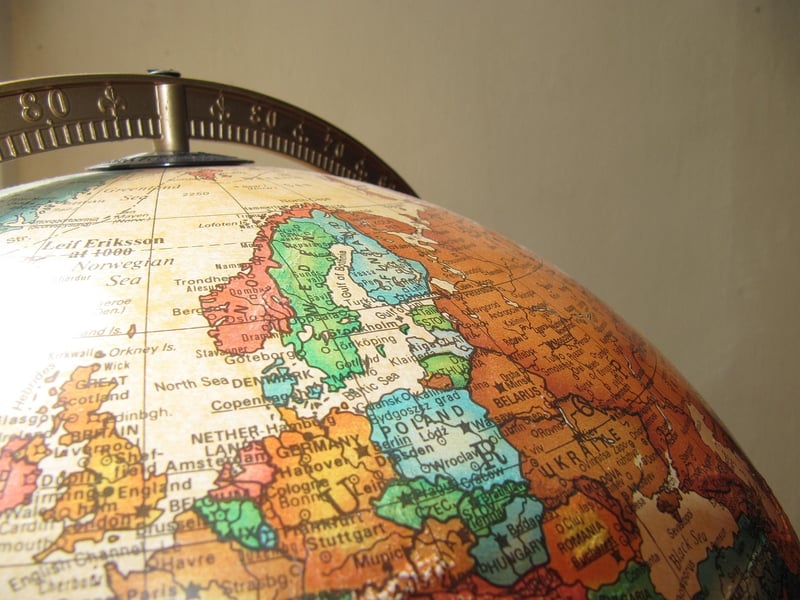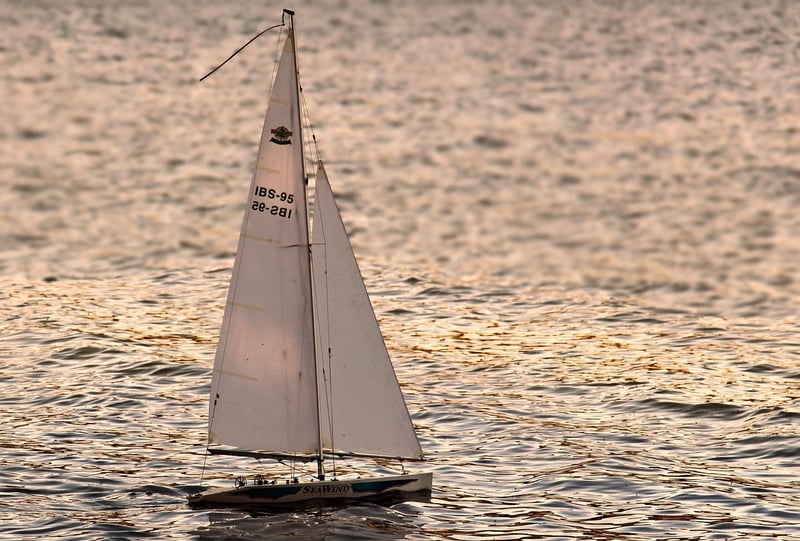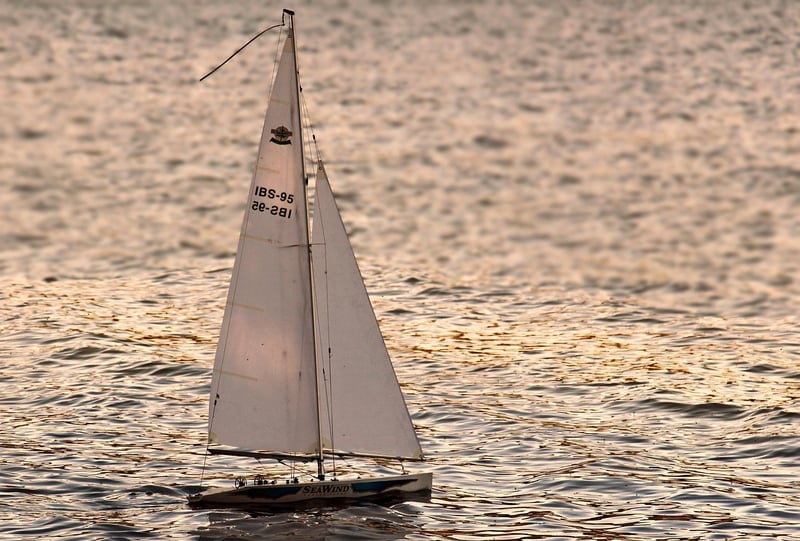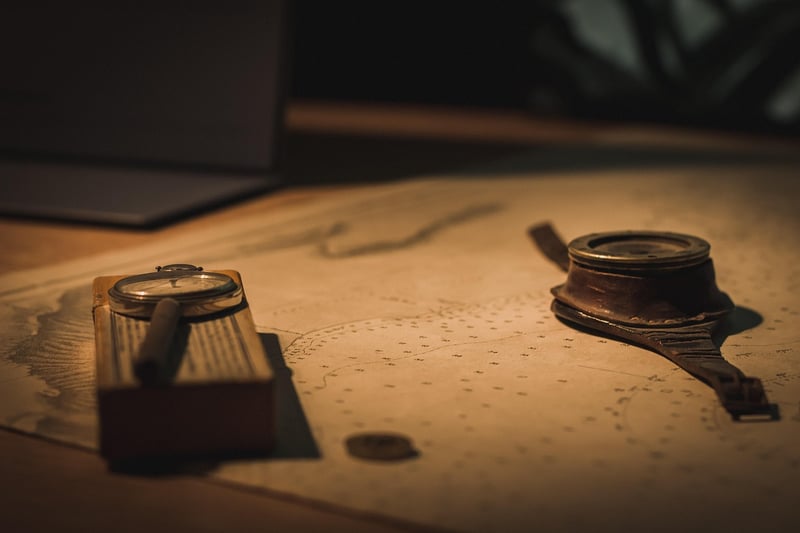Historical Navigators
The Art of Time Manipulation: A Look at Historical Navigators
Time manipulation has always been a fascinating concept, with many historical figures being credited with exceptional navigational skills that seemed almost like magic in their time. Let's delve into the world of historical navigators who were experts in the art of time manipulation.
1. Pytheas of Massalia

Pytheas, a Greek geographer, and explorer from the city of Massalia (modern-day Marseille) is known for his remarkable voyage to the British Isles and northern Europe around 325 BC. His accurate calculations of latitude and his ability to estimate the length of the day showcased his advanced understanding of time manipulation for navigation.
2. Zheng He

Zheng He, a Chinese mariner, and explorer during the Ming Dynasty, led seven voyages to Southeast Asia, South Asia, the Middle East, and East Africa between 1405 and 1433. His precise navigation techniques and use of celestial observations for timekeeping were instrumental in his successful expeditions.
3. Ferdinand Magellan

Ferdinand Magellan, a Portuguese explorer, is best known for leading the first expedition to circumnavigate the globe between 1519 and 1522. His meticulous planning, including accurate timekeeping for determining longitude, played a crucial role in the success of this historic voyage.
4. James Cook

James Cook, a British explorer, and navigator is celebrated for his voyages in the Pacific Ocean during the 18th century. Cook's expertise in celestial navigation and his use of precise timekeeping instruments significantly improved the accuracy of mapping and exploration during his expeditions.
These historical navigators were pioneers in the art of time manipulation for navigation, paving the way for modern techniques used in global positioning systems (GPS) and other advanced navigation tools.
Exploring their achievements not only sheds light on the history of navigation but also highlights the importance of understanding time and its manipulation in the quest for exploration and discovery.
